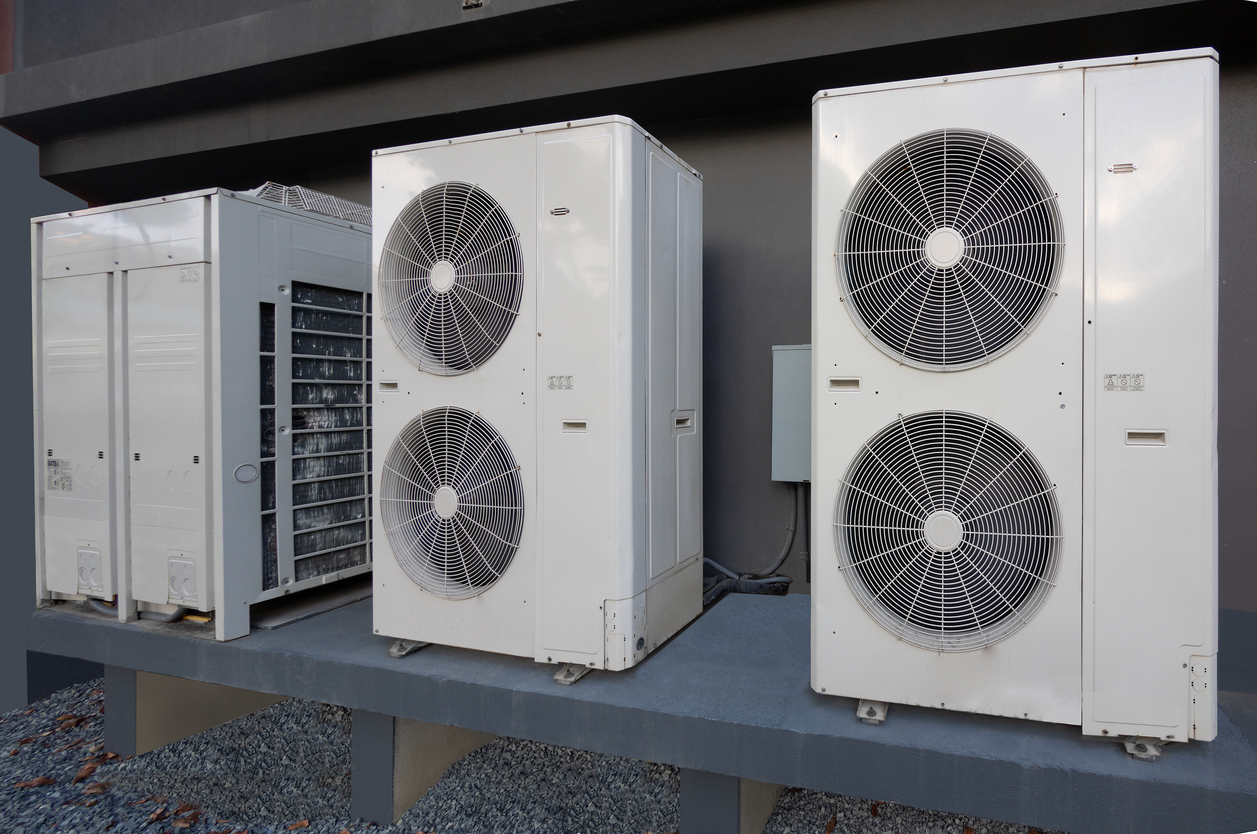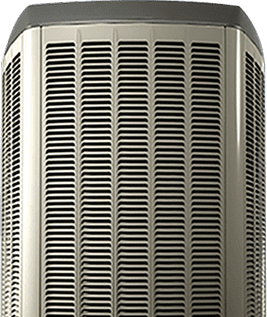How Does A Heat Pump Work In Winter

How Does A Heat Pump Work In Winter
Wintertime can be a difficult season to keep an ideal indoor temperature while keeping utility bills under control. Many homeowners are turning to heat pumps in search of an affordable and effective heating solution. Because of their ability to gather heat from the air even in cold weather, these cutting-edge units have gained widespread acceptance. But how does a heat pump work in the winter? We’ll be answering that today! So, let’s get right into it!
Do I need to do anything to my heat pump in the winter?
Taking a few steps to care for your heat pump during the winter can help ensure that it runs smoothly and efficiently. Here are a couple of things you should think about:
· To ensure proper airflow, clean the outdoor unit of debris such as leaves and snow.
· To remove ice from the outdoor unit, use the defrost function.
· Keep the area around both the indoor and outdoor appliances clear to ensure unobstructed airflow.
· Have a professional HVAC technician change or clean the air filters regularly to prevent reduced airflow and to maintain indoor air quality.
· Book a maintenance appointment with a certified HVAC technician in the early or late fall to ensure your heat pump is prepared to function ideally for you during the upcoming winter months.
As you can clearly see, taking proper care of your heat pump equipment is critical to ensuring that it remains optimal for your needs throughout the winter months. Therefore, if you have any specific concerns about your heat pump and its ability to keep up with your heating needs, don’t be afraid to reach out to a local HVAC technician for assistance and specific solutions, so you can have peace of mind and assurance moving forward.
Can you use a heat pump with a boiler?
Yes, a heat pump can be used in conjunction with a boiler in a hybrid heating system. This is known as a “dual-fuel” or “hybrid” system, and it incorporates the benefits of both devices to provide efficient heating to your home.
In a dual-fuel system, the heat pump serves as the primary heating source in colder climates, with the boiler serving as a backup or supplemental heat source during colder periods when temperatures reach well below freezing. In cold weather, the heat pump draws heat from the outdoor atmosphere and moves it indoors to heat the space. However, when the outside temperature drops significantly or more heating power is required, the boiler kicks in to provide the necessary heat.
A thermostat typically controls the system, which monitors the outdoor temperature and selects the most efficient and cost-effective heat source based on it. A hybrid heating system may maximize comfort and energy savings by utilizing the heat pump’s energy efficiency and the boiler’s ability to handle extreme cold.
It should be noted, however, that incorporating a heat pump with a boiler necessitates proper installation, configuration, and control systems to guarantee optimal performance as well as effectiveness. As a result, if this is something you’re thinking about for your home, it’s best to consult with a professional HVAC company first.
What temperature is a heat pump not effective?
Heat pumps are designed to operate efficiently across a wide temperature range, but their efficiency can be reduced in extremely low temperatures. The precise temperature at which a heat pump loses effectiveness is determined through variables such as the heat pump’s model, size, and engineering, as well as the environmental circumstances in which it is installed.
Most modern heat pumps are built to work in temperatures as cold as -15 degrees Celsius or even lower. This is exactly what makes heat pumps such an excellent investment for homeowners living throughout southern Ontario. Again, as the outside temperature drops, so does the heat pump’s heating capacity. This is due to a reduction in the heat available in the outdoor air for the heat pump to extract and transfer indoors.
That said, some homeowners have their heat pumps fitted with backup heating systems to provide supplemental heat when needed to compensate for reduced heating capacity in icy conditions. So, when the temperature outdoors gets colder, their thermostat will automatically switch from the heat pump to the backup heat source. By doing so, homeowners can sufficiently heat their homes while remaining as energy efficient as possible, which in turn, will help them save money on their monthly utility costs and prevent unnecessary wear and tear on their equipment.
Should the heat pump run constantly in winter?
No, a heat pump does not have to run continuously during the winter. Heat pumps are programmed to cycle between ON and OFF in response to the heating needs of the interior environment. When the temperature you want indoors has been achieved, the heat pump will cycle off until additional warmth is required to keep the temperature stable.
Because it maintains a consistent indoor temperature during milder winter conditions, the heat pump can run for a more extended amount of time. However, as the heat pump operates harder to extract heat from the outdoor air in colder weather, it could cycle on and off more than usual.
It’s essential to understand how heat pumps vary from conventional heating systems like furnaces, which frequently run for longer periods of time to sustain the desired temperature. Heat pumps are intended to provide consistent, efficient heating by cycling on and off in response to the heating load.
If your heat pump is constantly operating or cycling, this could indicate a problem with the system. In such cases, a qualified HVAC professional should inspect the heat pump to ensure it is operating optimally and efficiently.
Are you unsure whether a heat pump would be a good investment for your home? No need to worry –the team at M&K Heating and Air Conditioning is here to help! Call and schedule an appointment with our certified HVAC team today!
